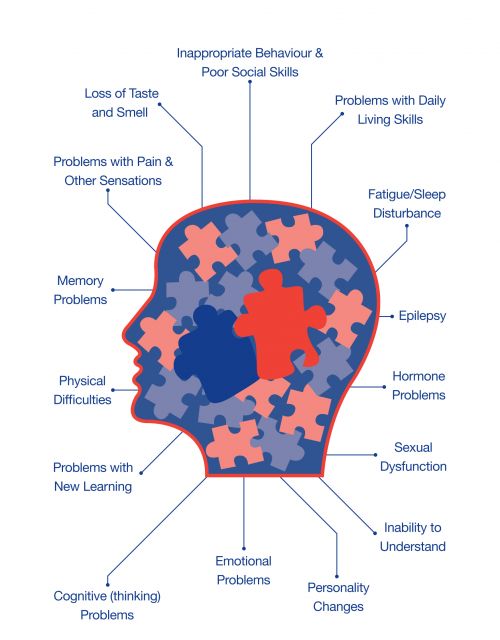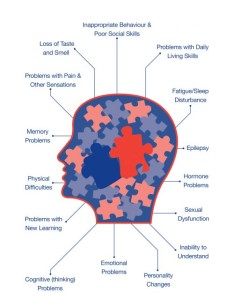Encephalitis

Encephalitis is swelling of the brain tissues and is usually caused due to infection through viruses. In some rare cases, it may also occur due to bacterial infection. There are two types of encephalitis- primary encephalitis in which the virus directly attacks the brain or spinal cords, and secondary encephalitis, in which the virus infects some other organ and travels to the brain. Both cases are life threatening if not treated immediately and you should without delay seek medical help if you are detected with the disease.
It is not the same as Meningitis. Meningitis is the inflammation of the protecting membrane that covers the brain. At times patients can get both Meningitis and Encephalitis and this is termed as Meningoencephalitis.
Symptoms
The initial stages of the infection might be devoid of symptoms or might show only mild indications. You might experience flu-like symptoms, such as:
- Fever- mild or severe
- Headache
- Muscle and joint pains
- Tiredness and weakness
When the infection increases, one may experience:
- Seizures and difficulty in the coordination of senses
- Hallucination and confusion
- Periodical unconsciousness
- Acute sensation of foul odors

Causes
Encephalitis is majorly a viral infection caused by a wide range of viruses. One of the major viruses causing this disease is the herpes simplex. This virus normally moves from the nerve endings towards the skin resulting in cold sores. In unusual cases the virus can even reach the brain. This type of disease begins with the temporal lobe and then spreading to the frontal lobe as well. Encephalitis caused by herpes is fatal and can often end in severe damage to your brain.
Some other regular viruses causing the disease are:
- Viruses from childhood infections
- Epstein-Barr virus
- HIV
- Tick borne viruses
- Mosquito transmitted viruses
Treatment
Medical treatment is to strengthen the immune system towards fighting against the diseases through provision of maximum relaxation, nourishment and fluids. There are various drugs available, such as:
- Antiviral medicines
- Antibiotics
- Anti-seizure medications
- Steroids
- Sedatives
- Acetaminophen
- Physical and speech therapy in case of severe infections to the brain
Outcome
At times the infection is mild and short and the patient recovers completely. In fatal cases even death is inevitable. Severe brain damage may leave patients with defects in speech, hearing, vision, memory and movement coordination.
Prevention
Avoid contact with people suffering from the condition, protect yourself from mosquito bites and get yourself vaccinated.









